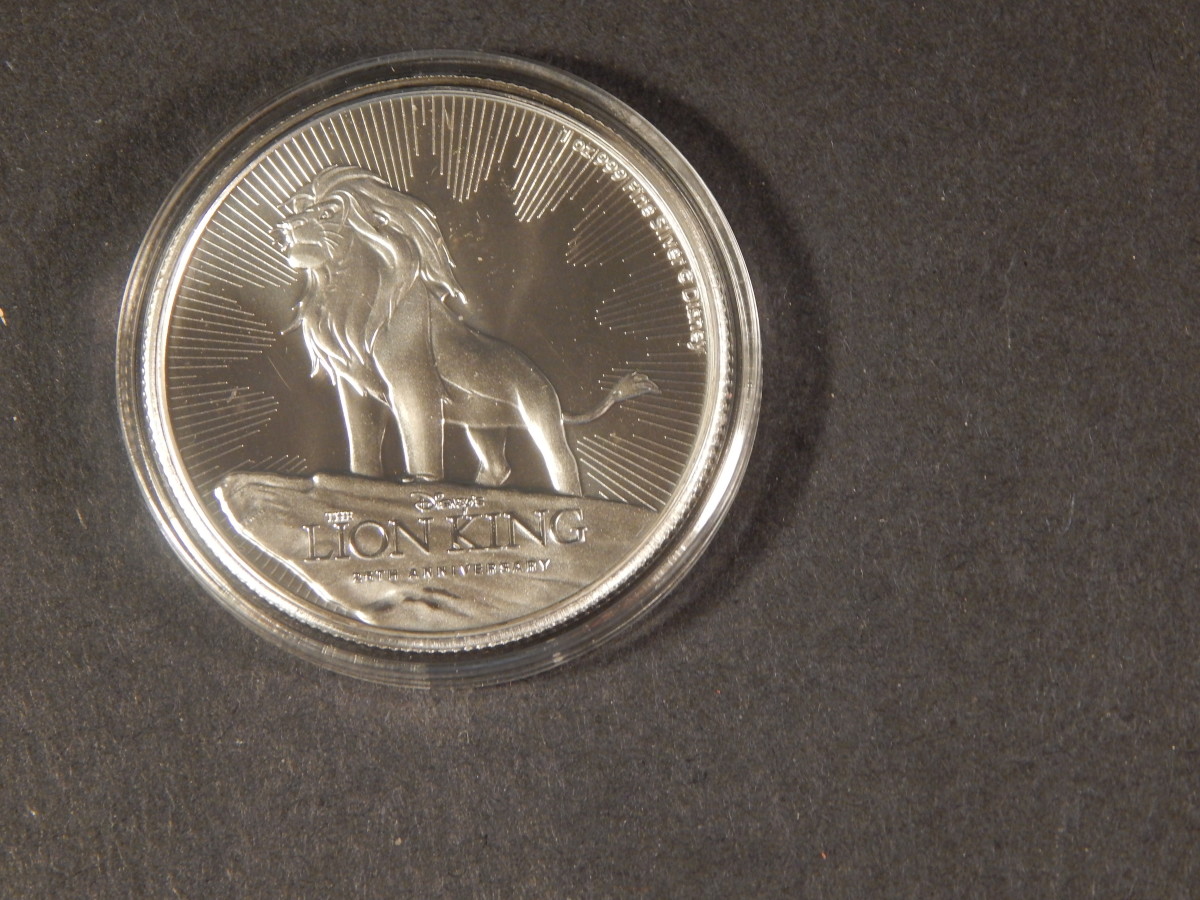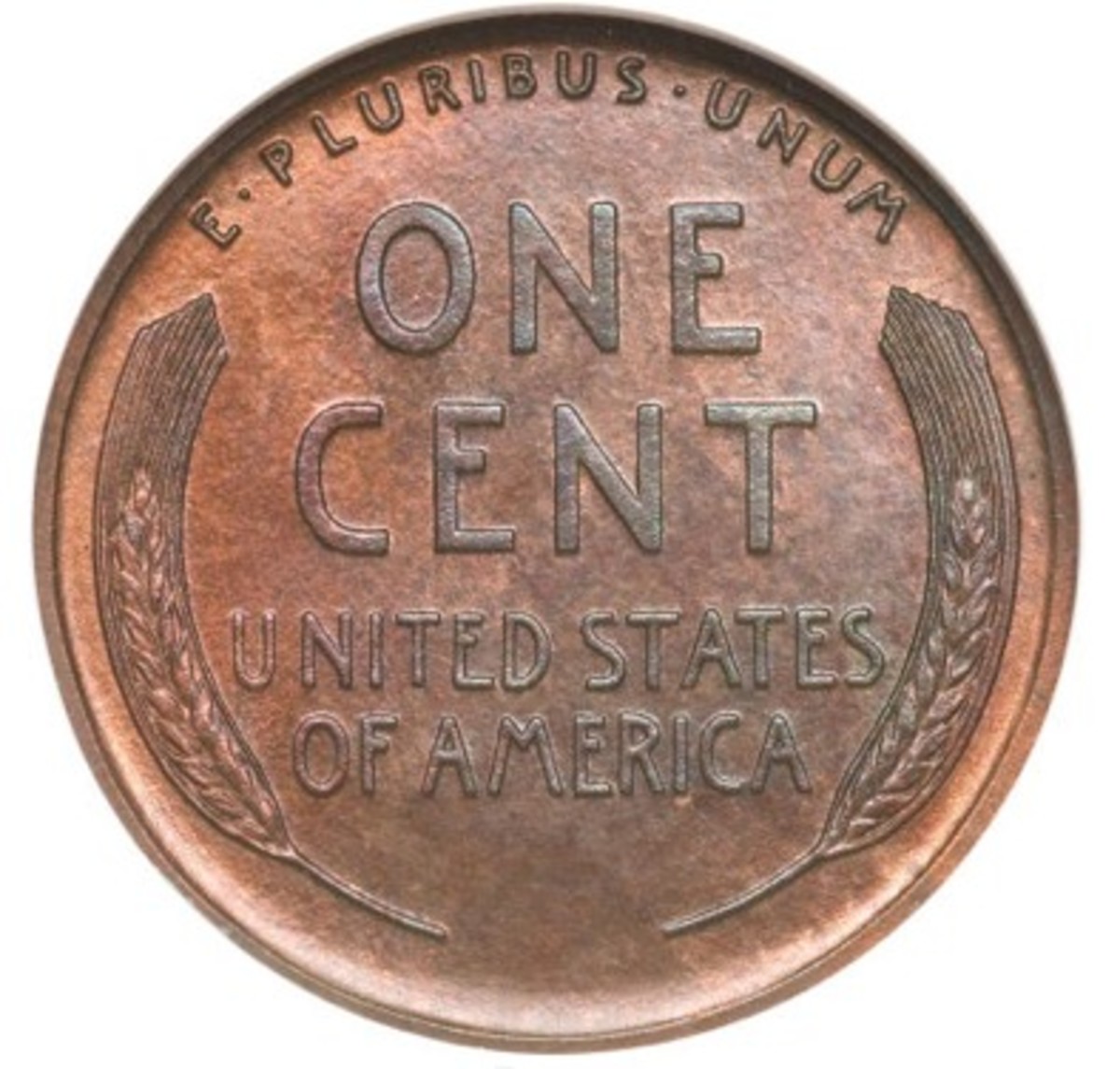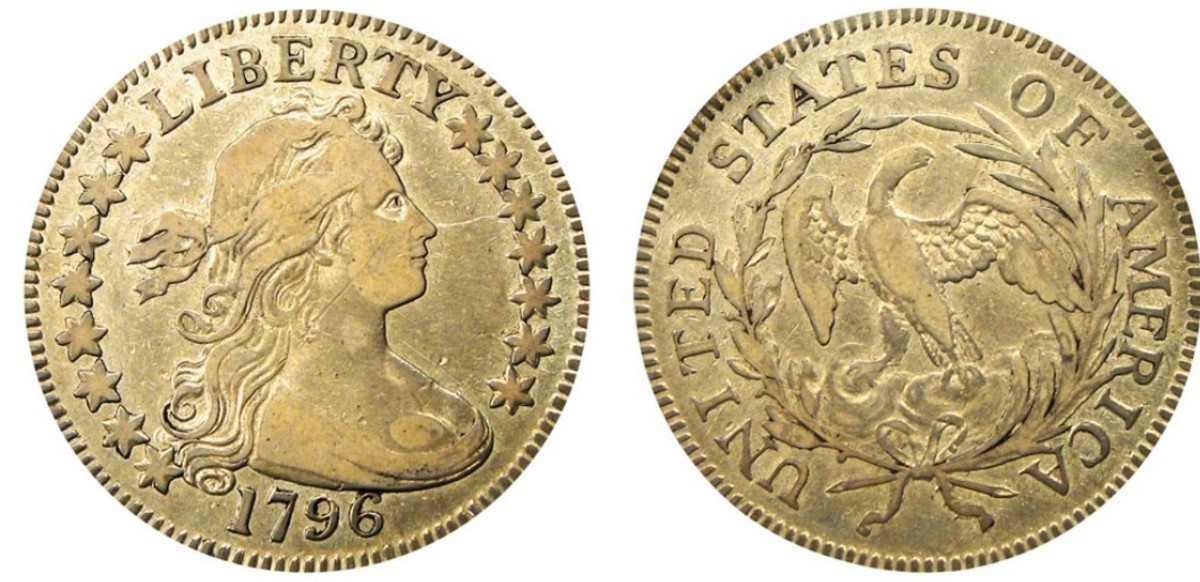Pitfalls of Investing in Gold & Silver

Gold & Silver Investing
Many people want to jump into Gold and Silver investing both feet first because of a Radio commercial they heard, or a news story they saw, but there are many things to consider before you take the dive. Please read this article and consider the many aspects that are presented.
There are many aspects to consider when investing in physical precious metals that you don't necessarily have to consider with other investments. There is the risk factor, but that is about the only common ground that precious metal investing shares with traditional investing.
You then have the extra costs such as insurance, shipping and handling, and storage fees. Notice that I speak specifically of physical precious metal investing. When I say this I mean you actually buying the physical metal itself. There are other ways to invest which will be covered below.
Think about other things this article may have missed. While I will do my best to present every pitfall you may encounter, I cannot possibly catch everything. Please, use this article as a guide, but not your all inclusive rulebook.
Important Links
- Gold and Silver Investing Resources
Some resources to get you on the road to Gold and Silver investing safely, intelligently, and hopefully profitably. - Palladium Investment
Palladium is a platinum group metal with the lowest density and melting point out of the group. Platinum group metals such as Palladium are important, and attractive to invest in, because 1 in 4 of all goods... - Precious Metal, Gold, and Silver Lingo
Important words and phrases in the world of Gold and Silver investing. If you don't understand some of the words or phrases, use this as your reference. - Identifying U.S. Gold Coins
This is an article that highlights the Gold coinage of the United States. - Identifying U.S. Silver Coins
This is an article that highlights the Silver coinage of the United States.
Ask Yourself Questions:
Before you purchase your precious metals you should consider some things:
- Do you want to store them at your house, or do you want someone to store them for you?
- How much will storage cost?
- Can you safely store them at your house?
- Does your state charge tax on precious metal purchases?
- Can you handle the volatile swings in value (and they occur, often!)?
- How long can you go without the money that you are investing?
- Do other peoples' opinions sway you easily?
- Can you keep quiet about your investment?
- Are you comfortable with your money not earning interest?
- Are you in this for the long run or are you looking for a quick flip cash cow? (If you are in this for the quick profit then run far away from Gold and Silver because you can easily get crushed.)
- Do you need to have instant access to cash?
- Is it better for you to buy physical Gold and Silver or should you invest in an ETF (Exchange Traded Fund)?
These are all great starter questions to help feel out if you are ready, or capable of purchasing Gold and Silver.
The True Cost:
Tax, shipping and handling, commissions, storage fees, and the list goes on. Many people advertise that they have the lowest prices on Silver and Gold, but it's not until you go to check out that you may realize that you are getting more than you bargained for. Many people, let us call them opportunists, want to cash in on the current precious metals craze. Unfortunately, there is a small percentage who not only intend on cashing in, they intend on taking advantage of people.
Be sure to review the company you are planning to do business with. Personal references from friends that have done business with the company are invaluable. Check with the Better Business Bureau to see what the company's track record looks like. If you are planning on spending a large sum of money with a company, doesn't it make sense to make sure they are legitimate and honest? Would you get surgery from a doctor without asking questions? Below are some of the true costs that you should consider when making a purchase:
Shipping and Handling: This is probably the most common and recognized charge that people know and it happens all the time in the world of Silver and Gold. Shipping and handling can be a real deal buster because you must choose some things: Will you include insurance? How much insurance are you willing to buy?
Commission: Just like in buying stock, you may need to pay a commission fee to your broker. This can range from a flat fee to a 1% - 3% fee. There are surely companies out there that may try to charge you more but I would walk away. If you are buying a large amount of Gold or Silver you can expect that there maybe a commission fee. Companies are usually up front about this fee and you can find out about it by reading their web site carefully or just by asking.
Storage Fees: Some companies that you buy from may offer to store your Gold or Silver for you. While this may be an attractive option, you should first consider their fees. I can't estimate these fees for you as it will vary by company and the quantities involved but definitely call around if you must have someone else store it for you. You can also contact your bank branch and see if they can store it for you. If storage becomes an issue then you may want to consider some of the other investment options.
Payment Fee: Yes, this sounds weird but there is no better term for what this is. Some methods of payment will cost you more money. Some companies will either charge you a fee, usually 3%, for using a credit card, or give you a, usually 3%, discount for not using a credit card. You may also be charged fees by your bank for using bank wire. The bank wire fee is usually $10.00 - $25.00 per transaction which can be a very nominal fee if you are wiring a large sum of money. You will be charged a fee if you decide yo use USPS money orders, this fee is usually very nominal, somewhere between $1.00 and $2.00.
Some of these fees are large, and others border on microscopic but all of these need to be taken into consideration and should be factored into your cost per ounce.
The Various Ways To Invest:
Some people just don't want to deal with owning physical metal, storing it, and having to resell it. Some people are just more comfortable with investments as liquid as stocks. If you are one of these people then that is fine. There are many ways to invest in Gold and Silver without ever having to see a bar. These will be highlighted below:
Silver and Gold ETFs: An ETF, or exchange traded fund, allows you to own an asset, such as Gold and Silver, but allows you to do so in a very liquid fashion. The two most popular ETF options are GLD for Gold, and SLV for Silver. This will allow you to invest in Gold and Silver in a manner that you are probably more familiar with and gives you a much more liquid alternative to having a bunch of bars sitting in your safe. There are skeptics out there about these ETFs because there sometimes appears to be discrepancies in the numbers that are reported. This is an entirely different subject in and of itself that you should thoroughly research before investing into any ETF. Just like stocks you need to still do your research because you have other people managing the ETF.
The good thing about the ETF is that you are owning, on paper, a certain amount of the Gold or Silver that they are the custodians of. If you are comfortable with buying Gold or Silver without ever seeing it, and you trust the ETF then this may be the right investment for you.
Mining Stocks: These are another popular way to invest in Gold and Silver. People like this route a lot because you don't have to worry about discrepancies in the number of ounces they have like ETFs. With the mining stocks you are investing in a particular company that mines the actual metal. The main drawback is that a miner's stock value won't necessarily track the spot price in lock step. This is because you are also investing in the management and relative health of the company. It is important to research a mining company just as much as you would research any other company you are investing in. Review their financials, review their quarterly statements, and determine if they are a healthy, well-managed company.
The main drawback to this investment is that you are not staking claim to any metal. You are buying a company, and with that comes many risks.
Pitfalls:
Presales:Presales occur often in the world of Gold and Silver, and not all are pitfalls, but many are. Basically, a presale works like any other: a product is not currently in stock but you are purchasing it at a given price so that it can be shipped to you once it is in stock. This is common for coins that are not yet available, which is generally okay. The problem is when a seller is doing what looks and feels like a presale, but isn't calling it one. This commonly occurs on auction sites and can be identified by very long turnaround times. Example: Selling an ounce of Gold, but it will not ship for 6 - 8 weeks.
The reason this is a pitfall is because you sometimes get these sellers that are trying to play market volatility. They'll sell you a Gold coin at spot now, and then hope that spot drops within the 8 week period they've given themselves. If spot drops, they buy the coin, ship it to you and pocket the difference. The scam blows up when the price moves higher, and higher. An honorable seller would eat the loss and ship you the coin at a loss, but all too often they close up shop and try running. If you can't have the coin shipped in a week, then be very, very wary.
Confiscation Sales Pitches: These opportunist sellers try to play off of your fears. They tell you about how Gold was confiscated and it could happen again, unless (and here's the pitch) you buy their "non-confiscatable" Gold and Silver. Let me break the myth now, nothing is "non-confiscatable." If the government wants to confiscate it, they'll pass the law and exempt whatever, if anything, they want. For a full debunking of this myth read an excellent article here.
Spot Pricing: Spot pricing, in and of itself, is not a pitfall. It is more peoples' interpretation of what it means. People believe that if spot says Gold is $1,200 an ounce then they can walk into any Gold dealer and buy an ounce for that price. Unless you are buying tonnes of it, then you should expect to not only pay more than spot, but you will pay what is called a premium which you can read more about below.
Premiums: Just like spot, premiums are not necessarily a pitfall, but they are not without exceptions. Premiums are common when buying small quantities. A common premium on a 1 troy ounce gold coin can range anywhere from $10.00 to $90.00 (those are general minima and maxima). It is when premiums are advertised with "special" language that they can become a pitfall. Here is an example: "1/10th Gold fractionals only 9.99 over spot per coin!" What would that mean to you?
Many people would think that the coin would be priced like this:
Scenario 1: Spot + $9.99 then divide that by 10. So if spot is $1,000.00 then the coin costs: $100.99!
Not a bad deal, but more often then not the price is actually calculated this way:
Scenario 2: Spot divided by ten + $9.99 which leads to a price of: $109.99.
What is the difference besides $9.00? In scenario 1 you pay a price of $1,009.99 per ounce, and in scenario 2 you pay $1,099.90. That is a $90.00 per ounce difference! Premiums can be tricky so be tedious in your math.
Generic: People often ask if they should purchase "generic" or Government issued Silver and Gold. Generic generally means that it was minted and assayed by private mints rather than the US government. The reason this is considered a pitfall is because this is a decision that only you can make. Listen to peoples' reasons, but don't let them make the decision. Government issued coins generally cost more money then "generic" coins because of the reputation that guarantees the purity. There are exceptions to these rules but before making a purchase, be sure to research this subject thoroughly.
Buyer's Remorse: If you have even the slightest question in your mind about whether this is a good idea, then it is not. You must be absolutely confident in your decision to buy Silver and Gold. There will most likely be a moment where your metal is worth less then you invested. There is a lot of volatility in it and if you get buyer's remorse it will feel like a heavy boulder around your neck until you either make your money back or finally take the loss and walk away.
There is money to be made, but this is generally a patient man's game. All too often I hear about people who invested and greatly regret it, and the only people they blame are the people they listened to. Rarely do they blame themselves, and that is where the blame squarely lay. Do not become one of these people!
To Buy Online Or In Person:
There are many reasons to purchase online or in person, and it is up to you to wade through the various options to choose. By purchasing online you can avoid paying a state sales tax for non-exempt items like "generic" Silver and Gold. You also have the added comfort of comparing prices instantly and not having a person possibly pressure you. There is a slight anonymity in that you won't be in a store where people can see, but you will have at the very least a digital record of your purchase online. Another con to purchasing online is having to wait for the product to arrive and the shipping and handling cost can really dampen the savings.
The main advantage to buying in person is you get to know the shop keeper. This can lead to future discounts for being a repeat customer. You will also have the product immediately and if you work on cash basis there is very little record keeping being done which helps with anonymity. The cons are that you can be openly seen walking in and out of the store, you will most likely pay a higher price per ounce because the shop keeper has over head, and at least one person will know that you have precious metal (not that this has any hidden meaning unless the shop keeper is a shady fellow).
IRS Reporting:
Anonymity and tax evasion are two very different things. I support anonymity, and I think that it is a safe rule of thumb for as few people to know about your investments as possible, but if you fall into a certain category of people that may need to report your purchases to the IRS, then you would be wise to follow the rules.
A very common question is how to void the $10,000.00 cash reporting rule. The rule basically states that if you purchase $10,000.00 worth of precious metal using cash or a cash equivalent, then the dealer is required to file the proper paperwork with the IRS. Any attempt to evade this rule, except maybe not purchasing $10,000.00 worth of metal, may be construed as an attempt to launder money. Do not try and make a bunch of small purchases that add up to or over $10,000.00 because this is called "structuring" and you could very well be prosecuted.
To Summarize: Know the tax rules, and abide by them so you don't have to sit in some gray area wondering if you'll be receiving some mail, or worse, a visit. If you are unsure you can contact your tax consultant for more information. Beware: there is a lot of misleading information available online.





